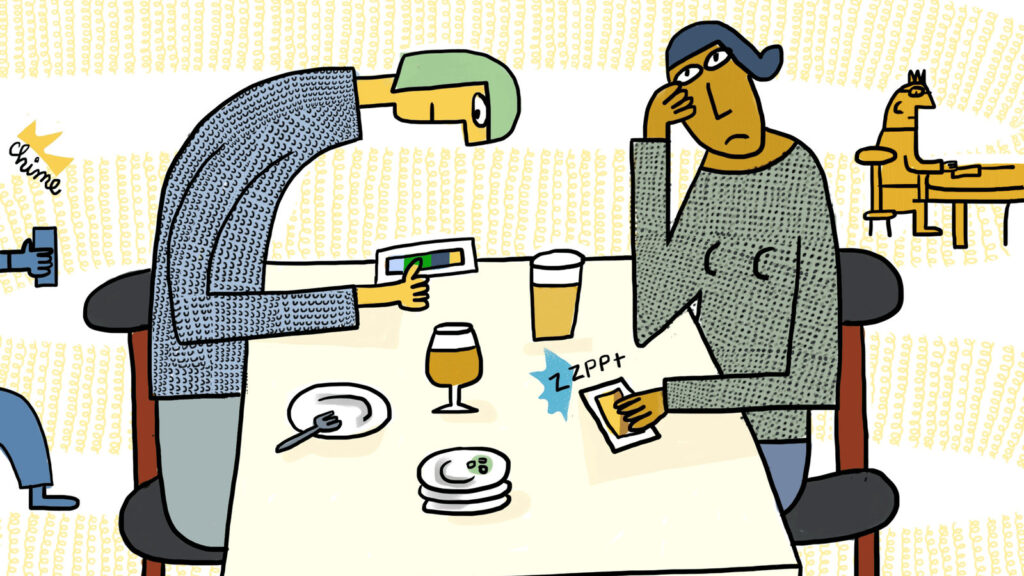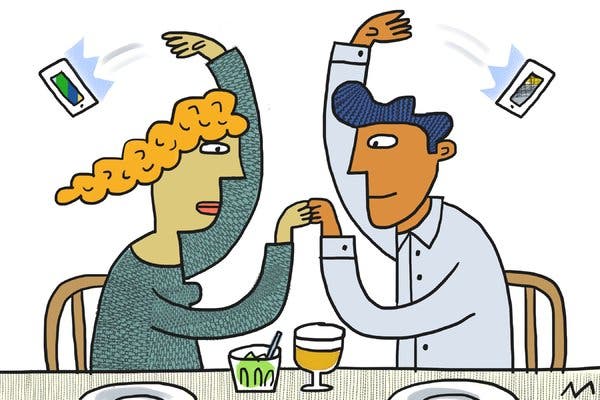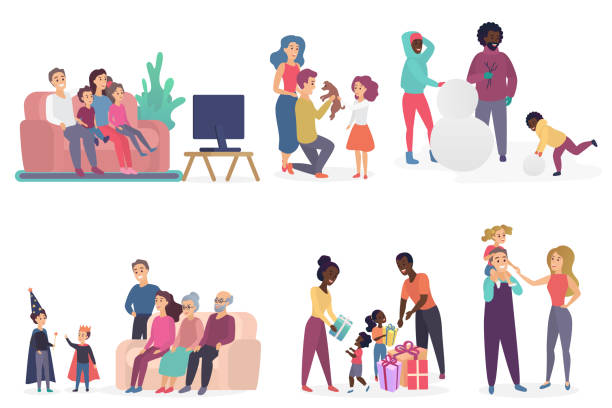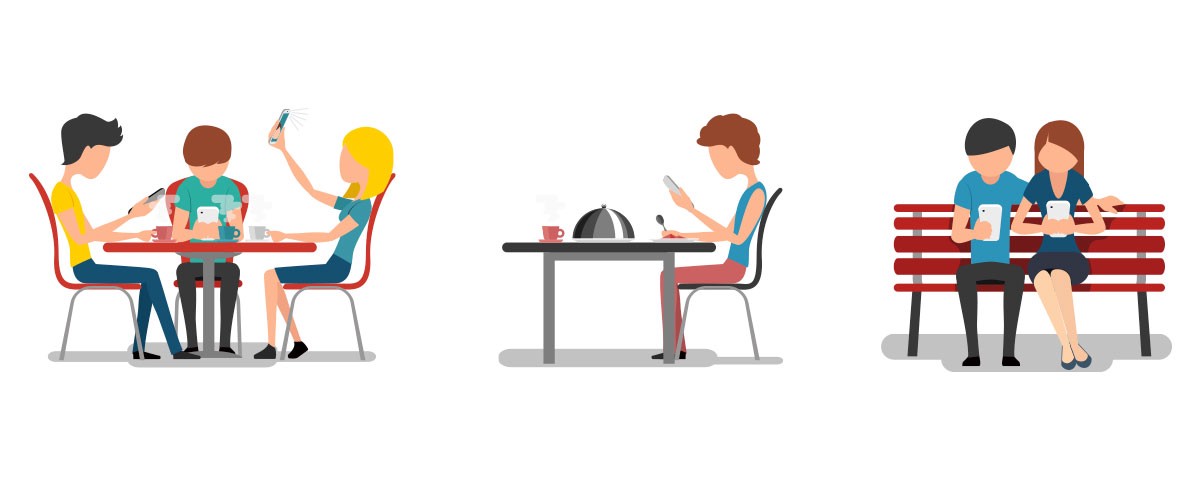
Figure 1. Technology Skyrocketing (Golembiewski, J. (2019). [Digital Art]. Nimble AMS. https://www.nimbleams.com/blog/3-technology-trends-to-improve-your-associations-member-experience/)
Being part of the digital age has allowed us to stay connected with each other more than ever before. Technology has come a long way, changing many aspects of our lives, it has helped us connect a great deal, with friends, family, employers, even strangers on the internet. Almost everyone has probably used or encountered technology in some way or form such as media, cell phones, computers, etc. It’s become such a big part of people’s lives, and to some, it’s part of their everyday.
According to my research, it’s understood that the nonstop advancement of technology and media is both great, yet to an extent, it’s become too much and has a negative impact. Undeniably technology has given us so much in terms of more effective and easier communication, it’s able to connect us worldwide, and it provides entertainment through many forms. However, from a social standing, while it connects us online, were more than ever disconnected from relationships in real-life.
Online Persona
I feel that one of the things people just love about online interactions is that the awkwardness people normally tend to face in face-to-face interactions doesn’t happen when communicating online. It sounds great, doesn’t it? No awkward pauses, you get plenty of time to think through what you’re going to say next, you can even edit and delete, and at the end of the day, choose how you want to present yourself (Turkle, 2012). But exactly what that does is take away every human aspect of ourselves, “we get to retouch, the face, the voice, the flesh, the body – not too little, not too much, just right” researcher Sherry Turkle (2012) says in her TED Talk (06:42).
Online may seem like a paradise to some that struggle with making in-person connections. It’s easier to meet people that share the same interests as you, the internet is vast and can connect people from all around the world. You could share as much as you want about yourself anyone without having to show your face, yet even if you do there are still limits to how close a connection can be through just online interactions. There are many things you can hide or even just not enough things that can be expressed through a screen.
I conducted an interview with some close friends to hear their views on questions related to the effects of technology on relationships. One of my questions asked, “Do you feel the relationships you make online vs the ones you make in-person are any different when it comes to intimacy?” And one of my interviewees, Natalie, happened to answer quite similarly to what was mentioned before. She said, “I feel that there’s no way to discern someone’s personality or feelings through a screen and text.” My second interviewee, Lillian, stated that “I think there are parts about being in person that are more vulnerable, and thus more intimate.” Both of them shared similar thoughts with regards to how they perceive online interactions to be when intimacy comes into factor.
Offline vs Online
Relationships can come in various forms. A lover or your spouse, family, friends, even going beyond in-person and into the digital world where we connect via SNS networks. We tend to form such connections everywhere.
Saying offline relationships give more in terms of communication, closeness, and experiences is quite true. Not to say that online relationships are entirely lacking in that area however, in-person relations do nurture a little more intimacy. There’s indeed been a significant shift towards online relationships forming on social media platforms, dating sites, or even through gaming. Being online isn’t the issue though, the issue instead lies within making yourself unsocial with tech and media. Technology has become so integrated into people’s lives that they hover over a screen multiple times if not, all day; parents use their devices to check emails during breakfast or going on social media during class, even texting during corporate meetings (Turkle, 02:53).
What are we not doing during these moments? Socializing with the people right in front of you. Studies conducted by Pandya & Lodha (2021) have shown that “prolonged screen time has caused concerns related to its impact on physical and mental health” (p. 1). So not only is the excessive use of devices creating a “range of negative mental health outcomes such as psychological problems, low emotional stability, and greater risk for depression or anxiety (Allen et al., 2019; Aziz Rahman et al., 2020; Ministry of Human Resource Development, 2020)” (Pandya & Lodha, 2021). A product of this also leads for people to feel more left out and self-isolated from both the digital and real world. And along with it, they become disconnected from those they interact with.
Who else may be guilty of this? Constantly checking your phone or choosing to not participate and tune out of conversation happening before you and be on your phone or device instead of being engaged. This causes us to be more and more out of touch with social interaction or even verbal communication.
There’s nothing wrong with starting your relationship or connecting with people online, yet what people tend to forget when doing so as said by Kristin Gallucci (2019) is that “we need to use social media as a support to building real relationships, not as a catalyst to losing them” (07:03).

Figure 2. People getting distracted by their devices at a restaurant (Murton, K. (2021). Dings and Pings [Digital Art]. The New York Times. https://www.nytimes.com/2021/09/09/learning/dings-and-pings.html)
Things You Don’t Get from Online
According to a study by the Harvard Review, 95% of people have agreed that the key to the success of long-term relationships are in-person meetings. And the reason as to why this may be is because simply put, you don’t get enough from online interactions. It’s human nature, and most definitely not realistic for people to cover up some if not entirely all their flaws or faults. In most cases, you can’t see a person’s face when communicating with them through your phone/computer. Unless your video calling you can’t do the same, but even then, I feel the sense of intimacy is not as present when your interpersonal relationships occur through a screen.
 Figure 3. A couple tossing away their phones to focus on each other. (Murton, K. (2017). The Phones We Love Too Much [Digital Art]. The New York Times. https://www.nytimes.com/2017/05/02/well/mind/the-phones-we-love-too-much.html )
Figure 3. A couple tossing away their phones to focus on each other. (Murton, K. (2017). The Phones We Love Too Much [Digital Art]. The New York Times. https://www.nytimes.com/2017/05/02/well/mind/the-phones-we-love-too-much.html )
Why We Need In-Person Relationships
Healthy real-life relationships are necessary and beneficial to our mental well-being and even everyday skills are reliant on your social skills. You’re isolating yourself if you choose to spend the majority of your day on your phone. You’re becoming more out of touch with basic social skills. It sets up the foundation for unhealthy relationships with the people you’re close with in real life. Whether that occurs due to not spending enough time interacting with them because you can’t stay off your phone or isolating yourself and feeling alone because you use tech and media as a means of escape.
Reese (2019) points to survey data to argue “that higher levels of technology add up to significantly less time spent together as a couple, less satisfaction and connection, and higher levels of depression and anxiety.” It’s not just couples being impacted by this; it can be anyone. Moments, where people are supposed to feel connected by face-to-face conversation, are happening less and less.

Figure 4. Spending quality time with family. (Artis777. (2019). Family members spending time together [Stock Illustrations]. iStock. https://www.istockphoto.com/vector/family-members-spending-time-together-parents-and-children-watching-tv-talking-gm1136595288-302754393)
I doubt that saying anything drastic as deleting all social media, steering away from all technology would be a realistic solution to all this considering how integrated we’ve become with society’s usage of technology. But we’re becoming more disconnected from the world the more we choose to be online. Think of what really matters, unlike the digital world, the real world isn’t our customizable palette, where we get to pick apart exactly what everyone sees, because we’re human, flesh and bone. Prone to making mistakes, stumbling on your sentences, learning to live through life’s mistakes and hardships. There’s only so much you get through a device, you’ll get more lonely the more your isolate yourself in it.
This sense of interconnectedness we can establish between any person with a device has brought everyone closer, but take note that when connecting online, do not forget your relationships in person. Our offline relationships are essential to our way of life. While life through a screen is great, and the relationships you make along the way are important; it shouldn’t be your only source for connection. Try to not let that happen to you. Re-evaluate your relationship with technology before it completely disconnects you from reality.
References
Gallucci, K. (2019, October). Social Media is Making Us Unsocial. Retrieved from TED: https://www.ted.com/talks/kristin_gallucci_social_media_is_making_us_unsocial
Pandya, A., & Lodha, P. (2021). Social Connectedness, Excessive Screen Time During COVID-19 and Mental Health. frontiers in Human Dynamics. https://www.frontiersin.org/articles/10.3389/fhumd.2021.684137/full#B36
Reese, J. (2019, November 18). New Study Shows Impact of Technology on Relationships. Retrieved from Utah State TODAY: https://www.usu.edu/today/story/new-study-shows-impact-of-technology-on-relationships#:~:text=%E2%80%9CThe%20overall%20survey%20results%20show,and%20anxiety%2C%E2%80%9D%20he%20said.
Services, H. B. (2009). Managing Across Distance in Today’s Economic Climate: The Value of Face-to-Face Communication. Cambridge: Harvard Buisness School Publishing.
Turkle, S. (2012, February). Connected, but alone? Retrieved from TED: https://www.ted.com/talks/sherry_turkle_connected_but_alone?language=en

